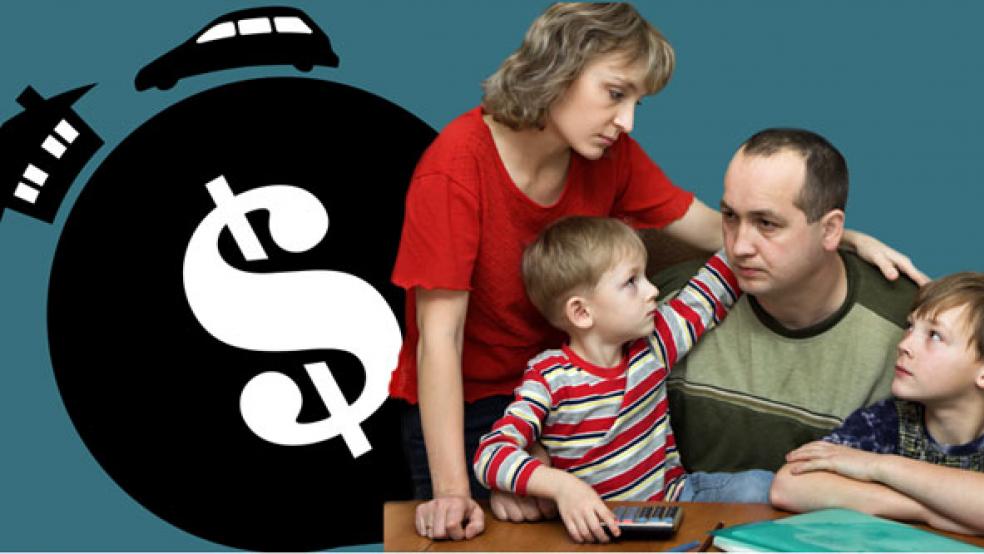Millions of children in the U.S. fell into poverty in January after a federal program providing expanded child tax credits expired, according to a new analysis by the Center on Poverty and Social Policy at Columbia University.
About 3.7 million children became impoverished between December 2021 and January 2022, the study found, pushing the child poverty rate from 12.1% to 17% — a 41% increase. Overall, the number of children in poverty rose from 8.9 million in December 2021 to 12.6 million last month.
The expanded child tax credit program that ended in December was part of the $1.9 trillion American Rescue Plan signed into law by President Joe Biden last March. The temporary program increased the value of the child tax credit by $250 to $300 per month per child up to the age of 17, and made the credit payable on a monthly basis for the final six months of 2021. Roughly 36 million households with more than 61 million children received payments, cutting the child poverty rate by about a third.
“While in place, the monthly child tax credit payments buffered family finances amidst the continuing pandemic, increased families’ abilities to meet their basic needs, reduced child poverty and food insufficiency, and had no discernable negative effects on parental employment,” the report’s authors say.
Plans to extend the program: Democrats sought to extend the expanded tax credit for another year through their Build Back Better bill, but resistance from Sen. Joe Manchin (D-WV) has all but scuttled that plan.
Manchin has objected to what he sees as the program’s excessive generosity, and reportedly has expressed concerns about the likelihood that the cash payments would be used by parents to purchase drugs. The conservative Democrat wants the tax credit to come with more stringent income limits, as well as clear work requirements — conditions opposed by many Democrats to his left. And he has insisted that the program be paid for in full on a realistic schedule, objecting to the short-term extension Democrats had used to limit the official cost of their $1.75 trillion spending package. The 10-year cost of the program is estimated to be $1.6 trillion — nearly as large as the entire social spending package Democrats were trying to pass late last year.
Child advocates said the increase in poverty shows that Congress needs to figure out a way to extend the tax credit, even if it’s smaller than the plan originally put forth by Democrats. “Today’s report should shake Washington to its core,” Paolo Mastrangelo of Humanity Forward, a non-profit that seeks to reduce poverty, told The Washington Post. “This is not a moment for staking out political positions. Congress needs to compromise on a targeted, monthly child tax credit that will reverse these grievous losses. Any extension, even one that is much more targeted in size and scope, will help reduce the tragic number of families entering poverty.”


